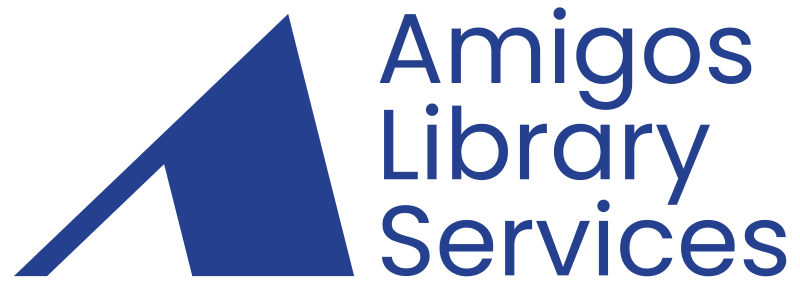Foundations of Intellectual Freedom
Libraries often must justify collection decisions and find creative ways to remove barriers to access. Attaining a broad understanding of intellectual freedom as a professional value will strengthen librarian’s ability to navigate challenges and implement effective policies.
